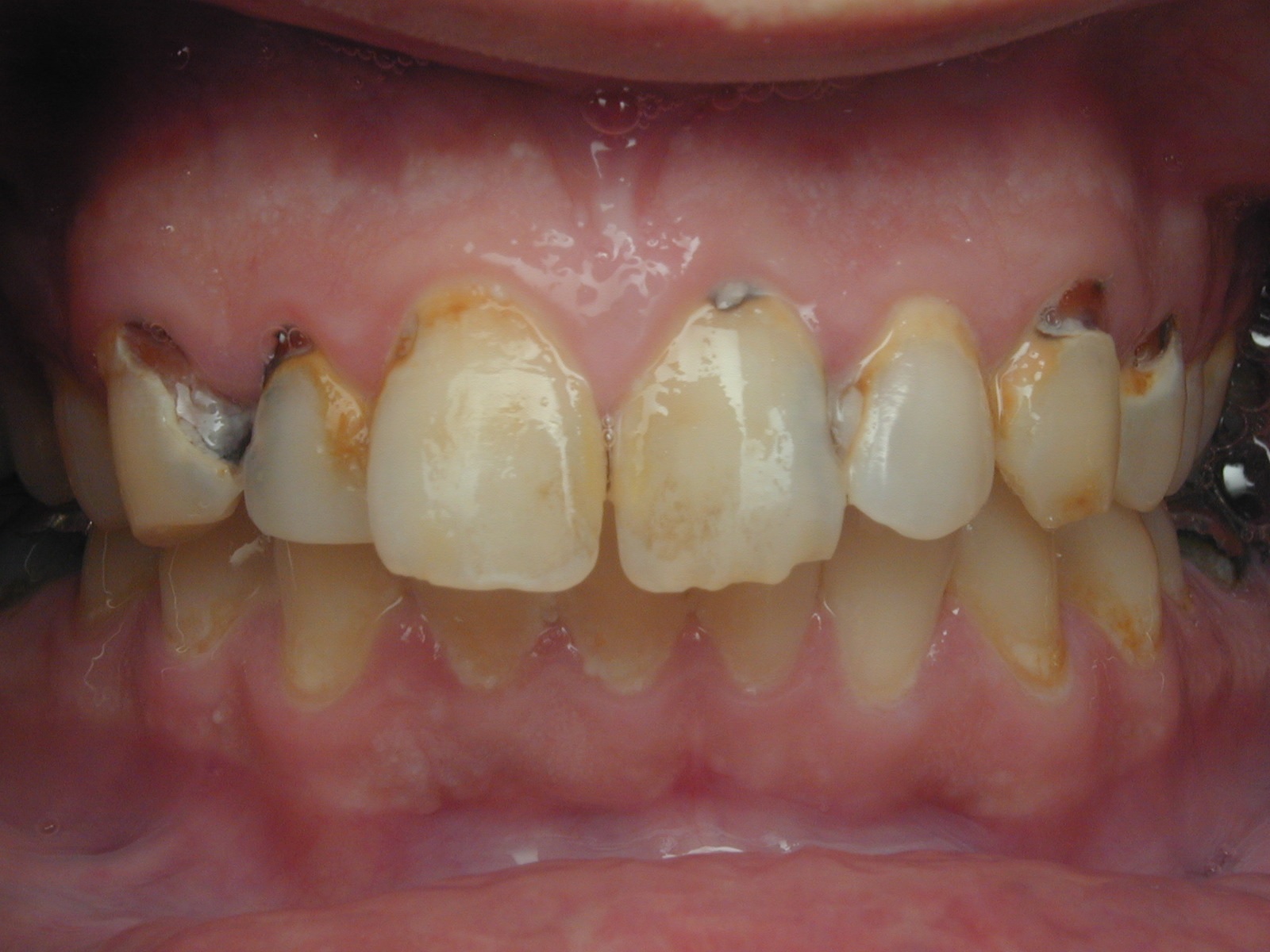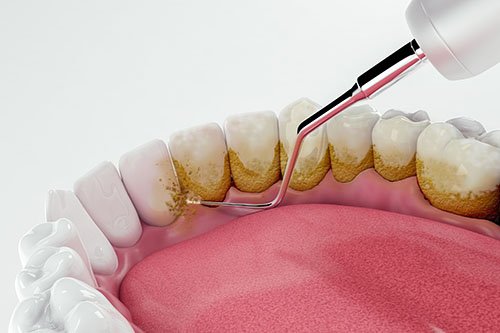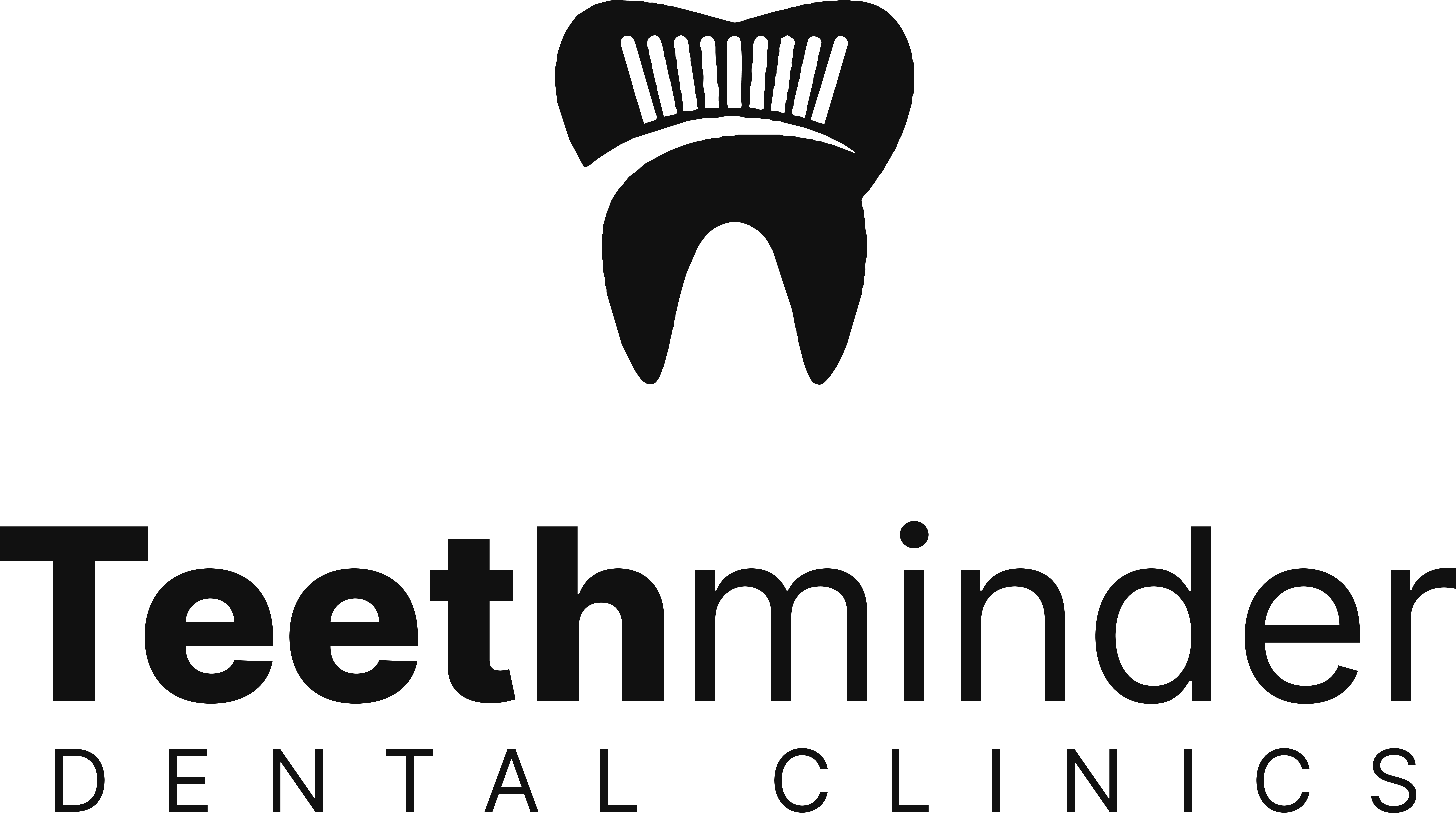
26 Sep The Truth About Cavities: What Really Causes Them?
Cavities—those small holes that form in your teeth—are a common dental issue that most people experience at some point. But do you really know what causes them? While most of us associate cavities with sugary snacks, there’s a lot more to this story than meets the eye. Let’s dive into the truth behind cavities and what really causes them.
What Are Cavities?
A cavity, also known as tooth decay, is the result of tooth enamel breakdown. Your enamel is the hard, protective outer layer of your teeth, and when it gets damaged, a cavity begins to form. Cavities can lead to serious dental problems like toothache, infections, and even tooth loss if left untreated. But what exactly causes this breakdown?
Myth: Cavities Are Only Caused by Sugar
Sugar and cavities are often mentioned in the same breath, and there’s some truth to this. However, sugar itself isn’t the direct cause of cavities. Instead, it’s the bacteria in your mouth that are responsible.
When you eat sugary foods, the bacteria on your teeth use that sugar as fuel. As they digest the sugars, they produce acids that erode your tooth enamel. Over time, this acid wears down your teeth, creating the holes we know as cavities. The real culprit isn’t just sugar—it’s the bacterial acid.

The Role of Plaque in Cavities
Plaque is a sticky, colorless film of bacteria that constantly forms on your teeth. If plaque isn’t removed through brushing and flossing, it hardens into tartar, which can make it harder to clean your teeth. The bacteria in plaque feed on the sugars and starches in your food, producing acids that attack your enamel. The longer plaque stays on your teeth, the greater the risk of cavities.
Other Factors That Can Lead to Cavities
Aside from sugar, several other factors can increase your risk of developing cavities:
- Poor Oral Hygiene: Not brushing and flossing regularly allows plaque to build up, which speeds up enamel erosion.
- Frequent Snacking: Constantly snacking or sipping sugary drinks throughout the day gives bacteria more fuel to produce acid.
- Dry Mouth: Saliva helps wash away food particles and bacteria. A dry mouth can lead to a buildup of plaque and increase the likelihood of cavities.
- Acidic Foods and Drinks: Foods like citrus fruits, sodas, and vinegar-based products can also erode enamel, weakening your teeth and making them more susceptible to cavities.
- Tooth Alignment: Crowded or misaligned teeth can be harder to clean properly, making it easier for plaque to accumulate and cause decay.
Preventing Cavities: What You Can Do
The good news is that cavities are preventable. Here are some tips to help keep your teeth healthy and cavity-free:
- Brush Twice a Day: Use fluoride toothpaste and a soft-bristled brush to clean your teeth for two minutes, at least twice a day.
- Floss Daily: Flossing helps remove food particles and plaque from between your teeth, where your toothbrush may not reach.
- Limit Sugary Foods and Drinks: Cut back on sugary snacks and beverages to starve the bacteria that cause cavities.
- Drink Plenty of Water: Water helps rinse away food particles and sugar from your teeth. Fluoridated water also strengthens your enamel.
- Visit Your Dentist Regularly: Routine checkups and cleanings are essential for catching cavities early and preventing future ones.
Conclusion
Cavities aren’t just caused by eating candy and sweets. They are the result of a combination of factors, including plaque buildup, poor oral hygiene, and frequent snacking. By understanding the true causes of cavities and adopting good dental habits, you can protect your teeth and maintain a healthy smile for years to come.
Remember, your teeth are worth the care, so don’t let cavities take over!



No Comments